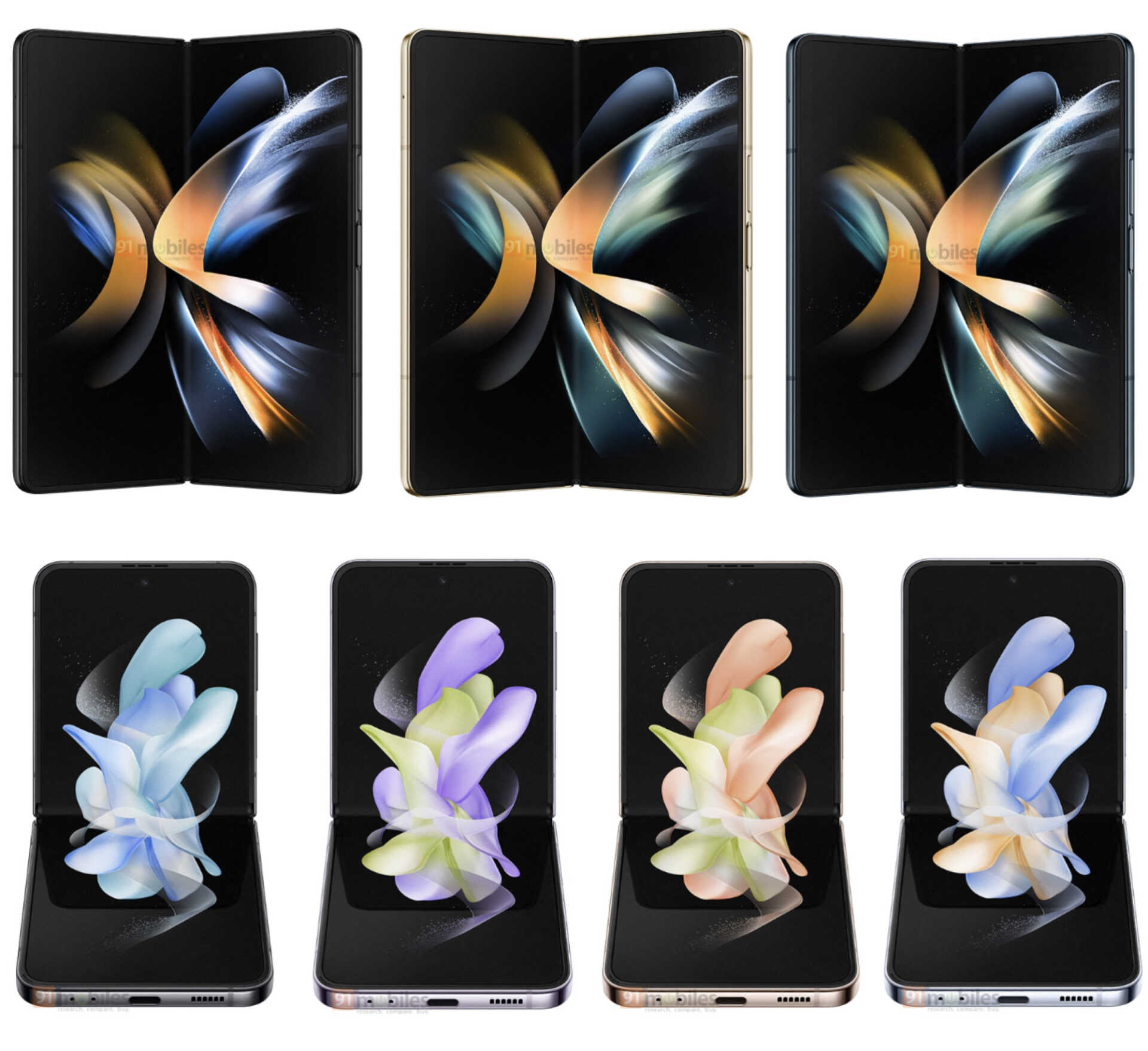Samsung and Qualcomm are expanding their partnership, which includes renewed licensing deals and collaboration on next-generation 6G mobile communications. More interesting than the announcement, however, is a statement by Qualcomm boss Cristiano Amon in the analysts’ conference on the latest quarterly figures.
Accordingly, Samsung will also sell the next top smartphone models in the Galaxy series in Europe with Snapdragon processors and no longer with self-designed Exynos CPUs: “You should assume that Snapdragon [Samsungs] Galaxy product line will power their Galaxy flagship products. I can say that prior to the recent deal on the Galaxy S22, we had a 75 percent stake. With the Galaxy S23 and beyond, you can expect the proportion to be much higher. […] They can expect us to power their devices globally,” said Amon.
Snapdragon vs Exynos
So far, Samsung has been working on two tracks with its Galaxy smartphones: Qualcomm’s Snapdragons sit in the Asian and American top models, while self-designed Exynos processors are at work in the European versions. For the Galaxy S22, these are the Snapdragon 8 Gen 1 and the Exynos 2200.
Because the Exynos models have been significantly worse than the Snapdragon variants in terms of performance and battery life in recent years, Samsung’s processors have a bad reputation. It doesn’t help that the Exynos 2200 is within striking distance of the Snapdragon 8 Gen 1 – at least as far as the battery life of the Galaxy S22 is concerned.
For the first time, Samsung installed an AMD-licensed RDNA2 GPU in the Exynos 2200, i.e. a mini version of the Radeon RX 6000. However, the performance was disappointing – allegedly because Samsung did not achieve the targeted clock frequencies. The connection to the manufacturing processes of the sister company Samsung Foundry is traded as a reason for the poor performance, since the chip contract manufacturer is lagging behind its competitor TSMC.
The development of new high-end Exynos processors now seems to be on hold for the time being – AMD’s graphics architecture in smartphones would come to an abrupt end.







